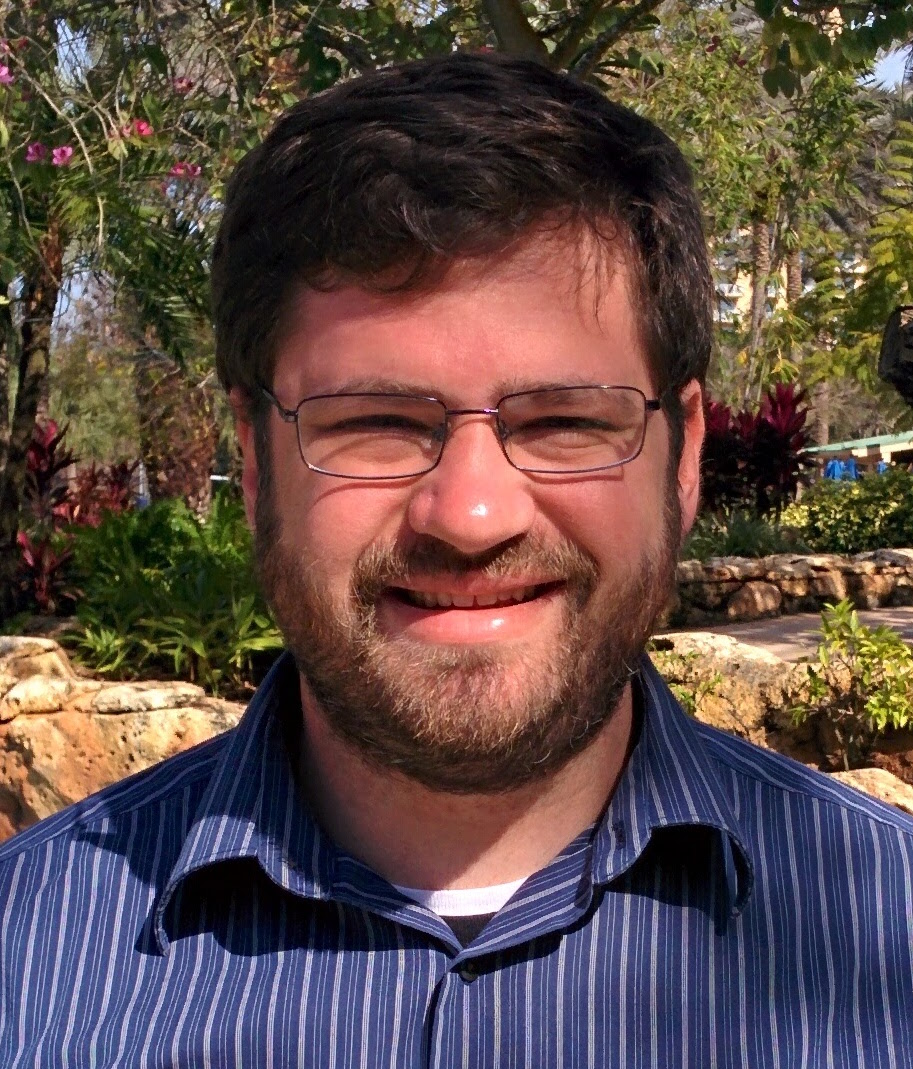Current Research
My ongoing research interest is the development of standards and tools to aid the discovery and interpretation of clinically relevant genomic events in patient cancers.
I'm currently working as an Assistant Professor in the Institute for Genomic Medicine at Nationwide Children's Hospital, completing my K99 training under the mentorship of Dr. Richard Wilson and Dr. Elaine Mardis. I also serve as a co-lead for the Global Alliance for Genomics and Health (GA4GH) Variant Representation group, and as co-director of the Variant Interpretation for Cancer Consortium (VICC)
I am the project lead for the VICC meta-knowledgebase project. This project harmonized the elements comprising clinical interpretations of cancer variants (genes, variants, diseases, drugs, and evidence) to enable comparative analyses and develop standards and best practices for curating and representing these interpretations. I am translating this work into global standards for variant representation through my role with the GA4GH.
I have also led and/or developed multiple other open-source tools enabling precision medicine. Among these are:
- The Clinical Interpretations of Variants in Cancer Database (CIViC) - community-sourced curation tool for clinical interpretations of cancer variants.
- The Drug-Gene Interaction Database (DGIdb) - consolidates disparate data sources describing drug-gene interactions and gene druggability.
- The Database of Curated Mutations in cancer (DoCM) - an expert-curated list of biologically-relevant mutations in cancer.
Finally, I led the analysis of relapsed and chemoresistant small cell lung cancers (SCLCs), using a combination of exome and transcriptome sequencing to profile the primary and relapsed tumors of 30 patients with SCLC. This work has led to identification of key genetic alterations that appear to be specific or strongly enriched in chemoresistant SCLCs, and point to WNT-signaling activation as a recurrent mechanism for chemoresistance in this lethal class of disease (Wagner and Devarakonda, et al.Nature Communications (2018)).
Doctoral Research
My Ph.D. work was under the mentorship of Terry Braun at the University of Iowa’s Coordinated Laboratory for Computational Genomics. While there, I studied computational methods for identification of disease-associated variations in exome sequencing. I also developed a method for predicting genetic variants associated with heritable retinal dystrophies, using a novel machine learning strategy (PULP).
Another focus of my work was on improving the accuracy of the CLCG variant detection pipeline. Working with Dr. Edwin Stone at the Institute for Vision Research, we developed a technique for identifying synonymous and intronic variants that were associated with Stargardt’s Disease through integrating patient exome data with control (reference) transcriptome sequence. We also developed a model for improving the specificity of detected variants from our exome sequencing experiments.
Finally, I developed web resources to help characterize healthy and diseased retinal tissue. The ocular tissue database (OTDB) provides a look at expression of 10 tissues of the human eye, while the TRIPOD web tool (unpublished) provides an interface for the study and evaluation of phenotypic and genotypic associations in rare, heritable retinal dystrophies.




